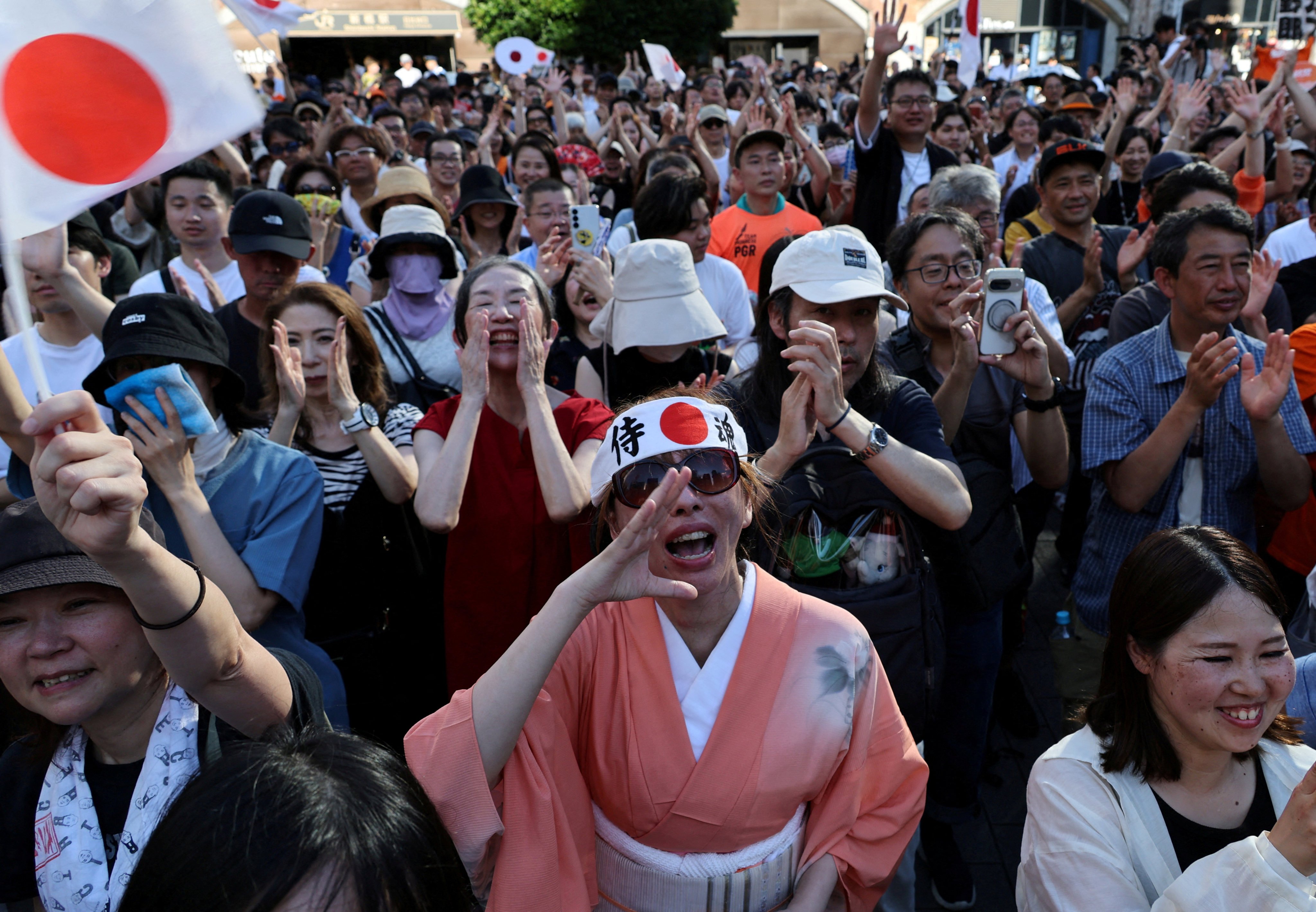Inflation, political turmoil won’t put investors off Japanese property
Rising prices and anti-establishment populism are not enough to undermine the factors underpinning the strength of Japan’s property market

Japan has entered a period of profound change. Inflation has returned after decades of deflation and stagnation. Japan’s relations with the United States, which helped underpin the post-war global order, have deteriorated dramatically. A culturally homogenous nation is experiencing an epic boom in tourism.
More surprisingly, a country renowned for political stability is at risk from the anti-establishment populism that has upended politics in other advanced economies.
The ruling Liberal Democratic Party and its junior coalition partner Komeito lost their majority in the upper house of parliament in an election on July 20. New parties – in particular a hard-right, anti-immigrant party called Sanseito – made strong gains by capitalising on public disquiet over the surge in prices and the influx of foreign tourists and migrants, accentuating the double-edged sword of inflation.
The two sides to rising prices – especially their causes and side effects, which include the 28 per cent fall in the yen versus the US dollar since March 2022 – are particularly apparent in Japan’s property sector. The prospect of a virtuous cycle of rising prices and wages that stimulates domestic demand and facilitates structural reforms is one of the big themes in Asian real estate.
Private equity fund KKR, a big investor in Japanese real estate, said last year that “Japan’s economic reawakening and the big shifts occurring in Japanese society make for attractive investment opportunities”. The country’s commercial property investment market accounted for more than a third of transaction volumes in the region in the first quarter of 2025.
Moreover, rental growth has taken hold, with rents for grade A offices in Tokyo increasing at one of the fastest paces among the major office markets in the Asia-Pacific region in the second quarter of 2025. Rent increases in Japan’s professionally managed rental housing, or multifamily, sector have become a key driver of investment, helping to compensate for the sharp fall in rental yields.
Andy Hurfurt, managing director of institutional investment consulting at Savills in Tokyo, said “there’s a change in mindset. Forward-thinking industrial and logistics developers are starting to incorporate rent escalation clauses into lease contracts”, which historically did not include rent review provisions.
The problem is that Japan has the wrong kind of inflation. Instead of “demand-pull”, which happens when there is an increase in aggregate demand, it has experienced “cost-push”, which stems from higher production costs that are passed on to consumers.
The plunge in the yen contributed to a terms of trade shock, made worse by the fact that Japan imports a high share of its food, energy and raw materials. Japan’s inflation rate has remained at or above 3 per cent for the last seven months, which is significantly above the 2 per cent target of the Bank of Japan and is currently the highest among the leading advanced economies, along with Britain.
Japanese households and businesses have struggled to adapt to higher prices. The price of rice, which is at the heart of Japanese cuisine, has doubled in the past year. Real wages in May fell at the sharpest pace since September 2023. A cost-of-living crisis has caused a collapse in Japanese overseas travel just as foreign tourists flood into the country, fuelling resentment over the weakness of the yen.
As Nicholas Smith, Japan strategist at CLSA, noted in a LinkedIn post last week, “over 2012 to 2024, the number of foreign immigrants rose 85 per cent. Over 2011 to 2024, the number of foreign arrivals rose 493 per cent. If you didn’t think there would be a backlash, you just weren’t paying attention.”
In the property sector, the adverse impact of higher prices is all too apparent. The rent for flats in Tokyo is growing at its fastest pace in 30 years while the average price of a 70 square metre (753 sq ft) second-hand flat in the city’s 23 wards is nearly 80 per cent higher than in early 2000. “Affordability pressures and wage stagnation or negative wage growth could limit the potential upswing for landlords,” Japan Property Central said.
Unhandled type: inline-plus-widget {“type”:”inline-plus-widget”}
Moreover, the surge in construction costs, driven in part by severe labour shortages, has pushed up prices further. According to JLL, Tokyo has the highest fit-out costs among the leading office markets in Asia, on a par with New York and London.
However, it is important to put the challenges posed by the return of inflation into perspective. First, the steep rise in construction costs has improved the supply-demand balance in Japan’s real estate sector. “The inflation shock has ended up curtailing development pipelines, benefiting owners of quality assets,” said Chinatsu Hani, head of research at CBRE in Tokyo. A report by CBRE in April 2024 noted that supply-demand dynamics were a more important determinant of rents than inflation.

Second, Japan’s low interest rates continue to act as a shock absorber for mortgage holders, landlords and investors. A report by JPMorgan last month noted that even if mortgage rates were to rise by two percentage points, the mortgage repayment ratio – the share of a borrower’s income allocated to mortgage payments – would barely exceed the high end of the historical range.
Third, Japan remains the most attractive real estate market in a region where the combination of safety, depth and liquidity is a rarity. While Japanese politics is a mess, a powerful bureaucracy ensures policy continuity. Jesper Koll, a veteran financial analyst in Tokyo, said “the elite technocracy will be [the] real winners and defend against populist economic policies”.
Inflation is causing big problems in Japan, but there are many other factors that underpin the strong performance and appeal of the country’s property market.